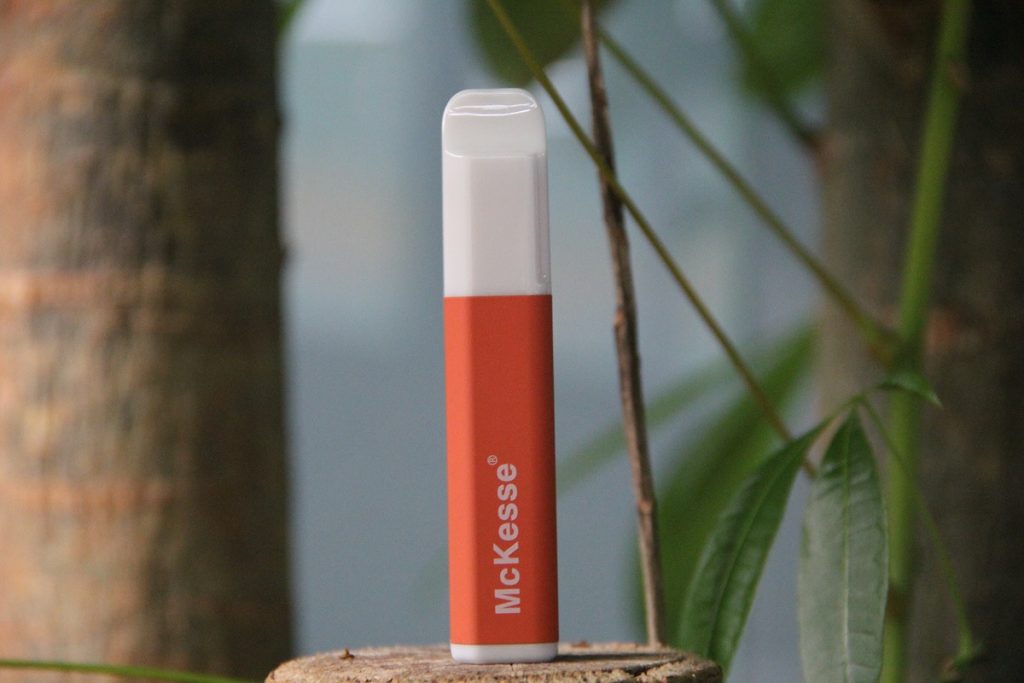Uphill Battle to Curb Flavored E-Cigarette Appeal
In an unexpected twist, flavored e-cigarette sales have surged despite a federal crackdown aimed at curbing their appeal, raising concerns about their influence on youth. The struggle to regulate these products and protect adolescents from nicotine addiction appears to be an ongoing battle, as data from a recent report shows the tenacity of flavored e-cigarette brands in the market.

Flavored Allure and Teen Market Penetration
Flavored e-cigarettes, boasting enticing profiles like fruit, candy, spice, and dessert flavors, have firmly ensnared the attention of teenagers across the nation. The convergence of data from the Centers for Disease Control and Prevention (CDC), the CDC Foundation, and the Truth Initiative paints a vivid picture of the proliferation of these flavors and their resonance among underage smokers.
According to this comprehensive report, flavored e-cigarettes accounted for a staggering 41.3% of total U.S. retail e-cigarette unit sales in December 2022. This represents a notable escalation from a modest 29.2% recorded in January 2020. Furthermore, the broader e-cigarette market experienced an impressive surge of almost 47% during this period, emphasizing the steadfast popularity of these modern nicotine delivery systems.
Persistence Amid Regulatory Countermeasures
Perhaps the most intriguing aspect of this trend is its unwavering persistence in the face of stringent regulatory efforts. Despite federal crackdowns that introduced stricter limits on flavors and tobacco product marketing, the market for flavored e-cigarettes seems to have weathered the storm, leaving authorities and health advocates grappling with effective control mechanisms.
Even the January 2020 announcement by the U.S. Food and Drug Administration (FDA), which aimed to prohibit the sales of sweet and fruit-flavored pre-filled e-cigarette pods, has not been sufficient to suppress the demand for disposable alternatives. During the period spanning January 2020 to December 2022, the unit shares of pre-filled cartridges declined from 75.2% to 48.0%, indicating a notable shift. In contrast, disposable e-cigarette unit shares experienced a remarkable ascent, surging from 24.7% to 51.8% of total unit sales from January 2022 to December 2022.
Youth Protection and Regulatory Response
The entwined concerns about the highly addictive nature of nicotine and its potential harm to developing young minds, coupled with the appeal of flavored e-cigarettes, have kindled a sense of urgency among health authorities. A core highlight of these concerns centers around the popular disposable e-cigarette brands present in the market, with some not having received FDA approval and thus being illegal.
This regulatory shortfall becomes evident as the CDC points out that widely recognized disposable e-cigarette brands like Puff Bar, Elf Bar, and Breeze Smoke lack FDA authorization. In stark contrast, only one disposable e-cigarette brand, NJOY Daily, has gained FDA endorsement, offering solely tobacco flavors. Notably, the FDA’s interventions over the last year led to the removal of Elf Bar and Breeze Smoke from the U.S. market, as reported by the CDC.
Collaborative Endeavors to Safeguard the Future
The intricate relationship between flavored e-cigarettes, youth appeal, and regulatory actions underscores the need for collective efforts to shield the younger generation from the allure of these products. Experts assert that the tobacco industry is fully cognizant of how flavors entice and captivate young consumers, rendering them susceptible to nicotine addiction.
Robin Koval, CEO, and president of the Truth Initiative, brings attention to the imperative of addressing the broader landscape of flavored e-cigarettes, including disposables. While acknowledging the FDA’s recent endeavors to combat unlawful flavored e-cigarette marketing, Koval’s call for intensified protection of youth remains resolute.
Conclusion
In conclusion, the resilience of flavored e-cigarette sales amid regulatory attempts to curb their appeal raises serious concerns about their impact on youth. The challenge of shielding adolescents from the allure of nicotine addiction continues to require comprehensive regulatory approaches and collaborative efforts from both public health organizations and industry stakeholders. The battle against flavored e-cigarettes’ influence on young minds is far from over.
Tobacco Free Allegheny recommends, that we collectively strive for a nicotine-free future for the next generation.
